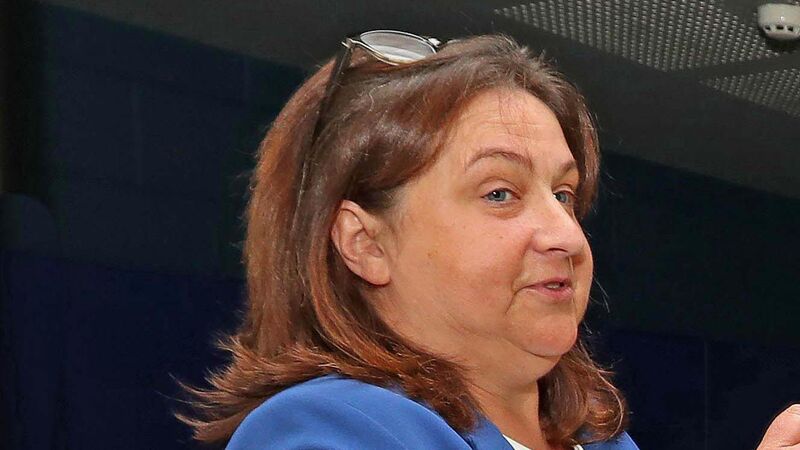Irish Examiner view: HSE needs to be called to account

Disabilities Minister Anne Rabbitte stormed out of a meeting with HSE officials when discussions broke down over lack of delivery of therapists to schools. Picture: Jim Coughlan
Try from €1.50 / week
SUBSCRIBEThe ongoing scandal of inadequate therapy services for children came to a head this week when a meeting between the relevant minister and representatives of the HSE broke up in acrimony.
Disabilities Minister Anne Rabbitte stormed out of a meeting with HSE officials when discussions broke down over the specific issue of lack of delivery of therapists to schools. This comes as many media outlets reported on the experience of various schools around the country which are awaiting such therapist services even as classes have resumed for the autumn.
Already a subscriber? Sign in
You have reached your article limit.
Annual €130 €80
Best value
Monthly €12€6 / month
Introductory offers for new customers. Annual billed once for first year. Renews at €130. Monthly initial discount (first 3 months) billed monthly, then €12 a month. Ts&Cs apply.
CONNECT WITH US TODAY
Be the first to know the latest news and updates
Newsletter
Sign up to the best reads of the week from irishexaminer.com selected just for you.
Newsletter
Keep up with stories of the day with our lunchtime news wrap and important breaking news alerts.
Newsletter
Sign up to the best reads of the week from irishexaminer.com selected just for you.
Friday, February 6, 2026 - 9:00 PM
Friday, February 6, 2026 - 9:00 PM
Friday, February 6, 2026 - 9:00 PM
© Examiner Echo Group Limited